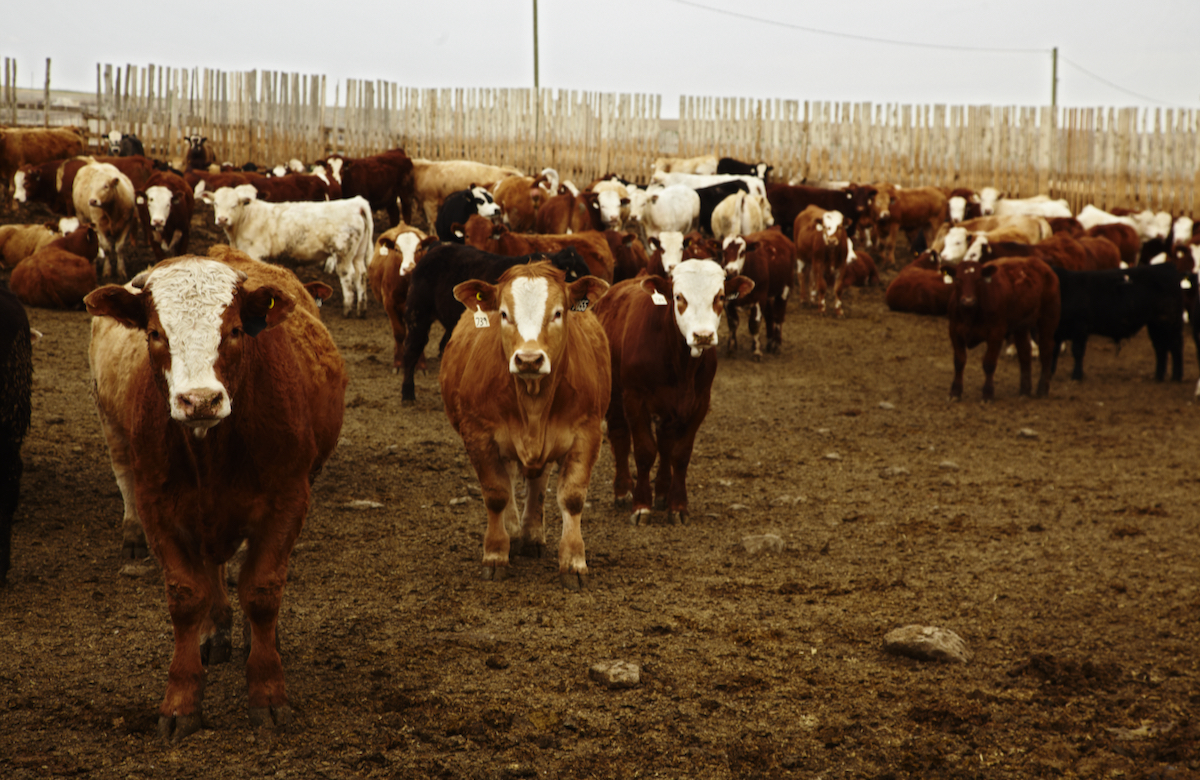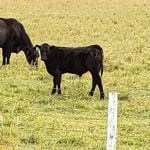Federal public health officials have now confirmed one death and 11 cases of illness in British Columbia and Alberta in an E. coli outbreak connected to a B.C. producer’s raw-milk cheese.
Eight people in Alberta — up from seven on Tuesday — and three in B.C. “have recovered or are recovering” from E. coli O157:H7 infections, the Public Health Agency of Canada reported Thursday.
The agency on Thursday cited “certain contaminated cheese products” made by Gort’s Gouda Cheese Farm of Salmon Arm as the source of the illnesses, which occurred between mid-July and early September.
Read Also

U.S. livestock: Cattle at fresh highs, hogs weaken
Cattle futures on the Chicago Mercantile Exchange climbed to fresh highs on Tuesday, as tight supplies and the ongoing closure…
A fourth person in B.C. is now confirmed to have died as a result of O157:H7 infection related to this outbreak, the agency added.
PHAC emphasized Thursday there’s “currently no indication of widespread risk to Canadians” from the outbreak, but added O157:H7 can pose a “serious public health risk”. More cases of illness may be identified and linked to this outbreak in the future, the agency said.
Gort’s has voluntarily recalled 14 products, distributed through its own store, at retail stores in Alberta and B.C., and through internet sale between May 27 and Sept. 14, bearing lot codes 122 to 138.
Some product packages may not bear a lot code or indicate that the cheese was made with raw milk, the Canadian Food Inspection Agency said when it first announced the cheese recall and health advisory on Tuesday.
Some of the affected products were also sold clerk-served from deli counters with or without a label or coding, CFIA said.
In any case, PHAC said, “do not eat any of the recalled product. Check your refrigerator and if you have any of the recalled product in your home, return it to the point of purchase or throw it out.”
Gort’s, founded at Salmon Arm in 1983 and operated by the Wikkerink family since 2007, has previously said on its website that its cheeses made from unpasteurized milk are “completely safe to eat,” having been stored on shelves for at least two months before sale.
“The time that it sits on the shelf allows harmful pathogenic bacteria to die off,” the company said.















